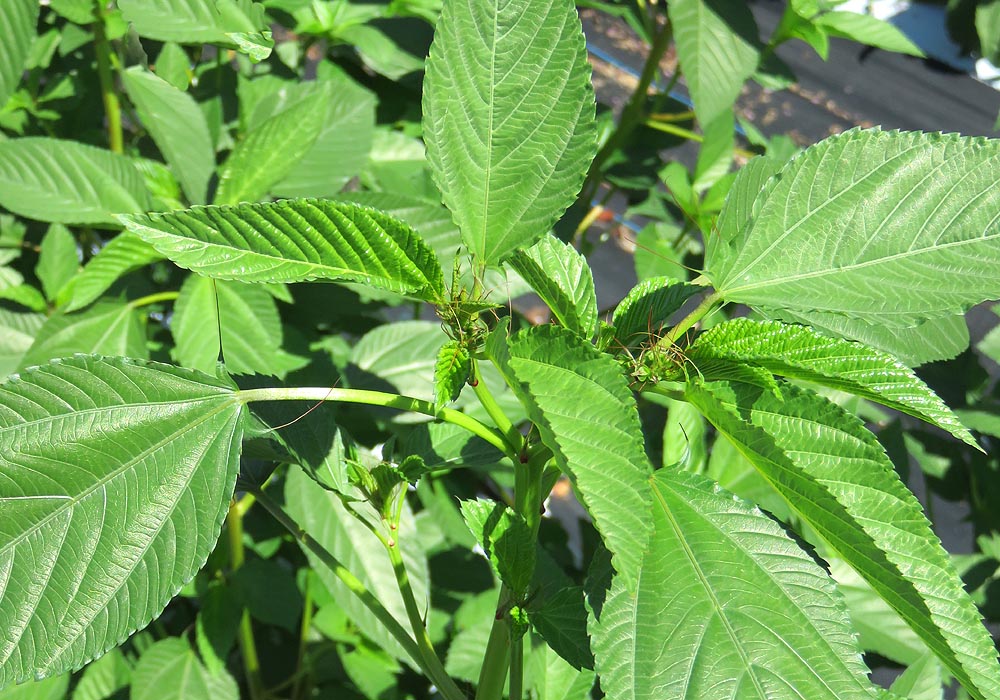
Dharaseeds
Egyptian Spinach Seeds
Estimated Free Delivery between April 16 and April 19.
Secured Payment Methods
Your transaction is protected with advanced security measures to keep your information confidential
Grow your own Egyptian Spinach, also known as Corchorus Olitorius, Molokhia, Jute Plant, or Saluyot, and enjoy its tender, nutrient-rich leaves in your kitchen. This highly versatile and fast-growing leafy green is cherished in various cuisines for its unique flavor and health benefits. Whether used in soups, stews, or salads, Egyptian Spinach is an excellent choice for adding fresh greens to your garden and meals. Ideal for warm climates, this plant thrives in full sun and well-drained soil.
Why Choose Egyptian Spinach?
Highly Nutritious: Rich in vitamins, minerals, and antioxidants, making it a powerhouse of nutrients.
Culinary Delight: Used in traditional dishes across Africa, the Middle East, and Asia for its distinct taste and thickening properties.
Fast-Growing: This plant grows quickly, providing a continuous supply of fresh greens throughout the growing season.
Heat-Tolerant: Perfect for warm climates, it withstands high temperatures and minimal care.
Versatile Use: Suitable for soups, stews, teas, or as a fresh salad green.
Key Features
- Scientific Name: Corchorus Olitorius
- Common Names: Egyptian Spinach, Molokhia, Jute Plant, Saluyot
- Plant Type: Annual
- Height: 4-6 feet tall
- Harvest Time: 60-90 days after planting
- Climate: Thrives in tropical and subtropical climates
- Soil Preference: Well-drained, fertile soil with good moisture retention
- Watering Needs: Moderate; prefers consistent watering without waterlogging
Planting Instructions
- Preparation: Select a location with full sun and well-drained soil.
- Sowing Seeds: Sow seeds directly outdoors after the last frost, or start them indoors 4-6 weeks before transplanting.
- Spacing: Plant seeds 1/4 inch deep and space them 6-12 inches apart for optimal growth.
- Watering: Keep the soil moist during germination, which typically takes 7-10 days.
Care Tips
- Fertilizing: Use a nitrogen-rich fertilizer to encourage lush foliage.
- Pruning: Regularly harvest leaves to promote bushy growth and prevent the plant from flowering too early.
- Mulching: Mulch around the base to conserve soil moisture and suppress weeds.
- Pests and Diseases: Keep an eye out for common pests like aphids and caterpillars; use organic pest control methods if needed.
Why Gardeners Love Egyptian Spinach
Egyptian Spinach is a favorite among gardeners for its ease of growth, nutritional value, and culinary versatility. Its fast-growing nature and adaptability make it an excellent addition to home gardens, providing a sustainable source of fresh, healthy greens.
Order Now to grow your own Egyptian Spinach Seeds and enjoy the benefits of this highly versatile and nutritious plant!









